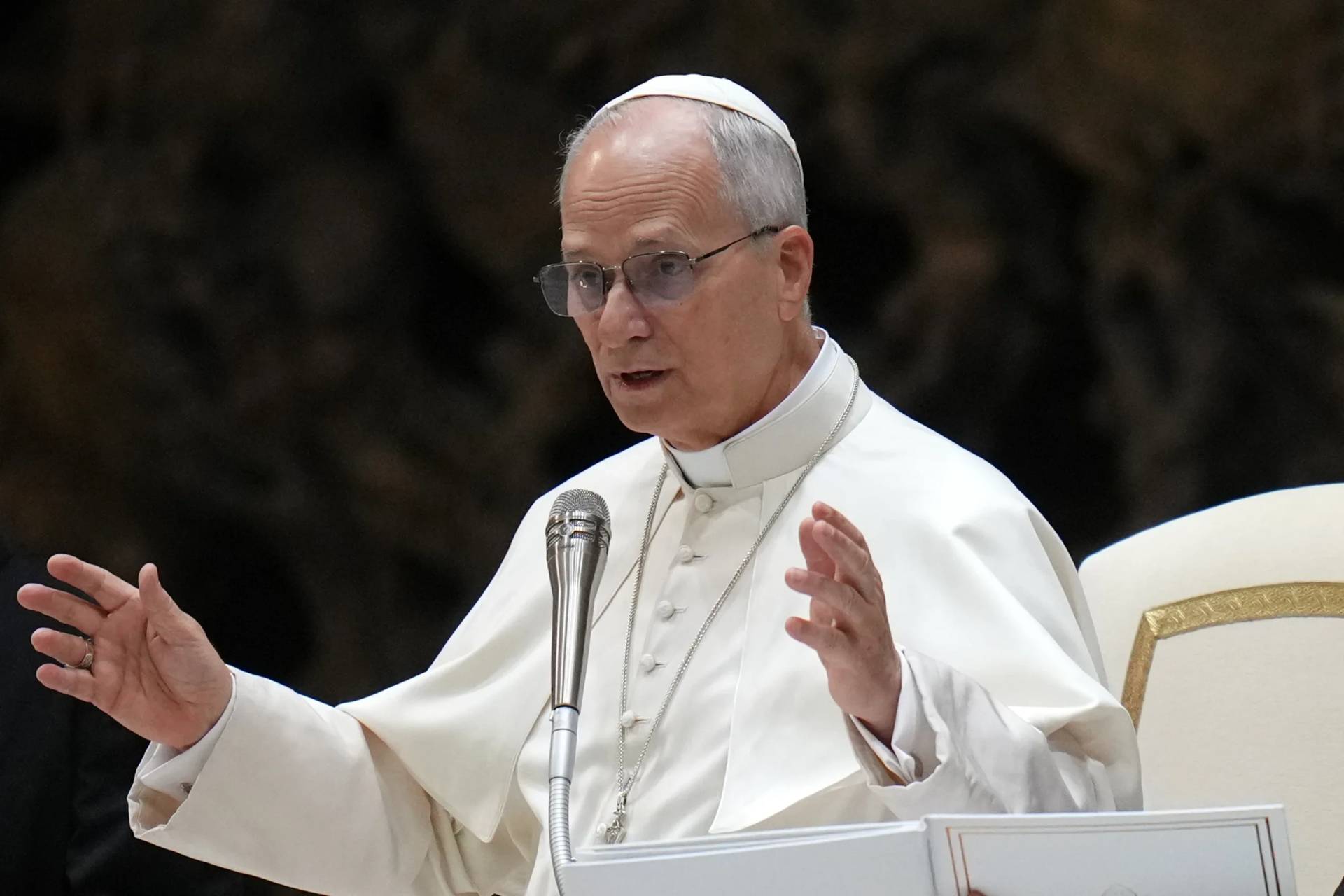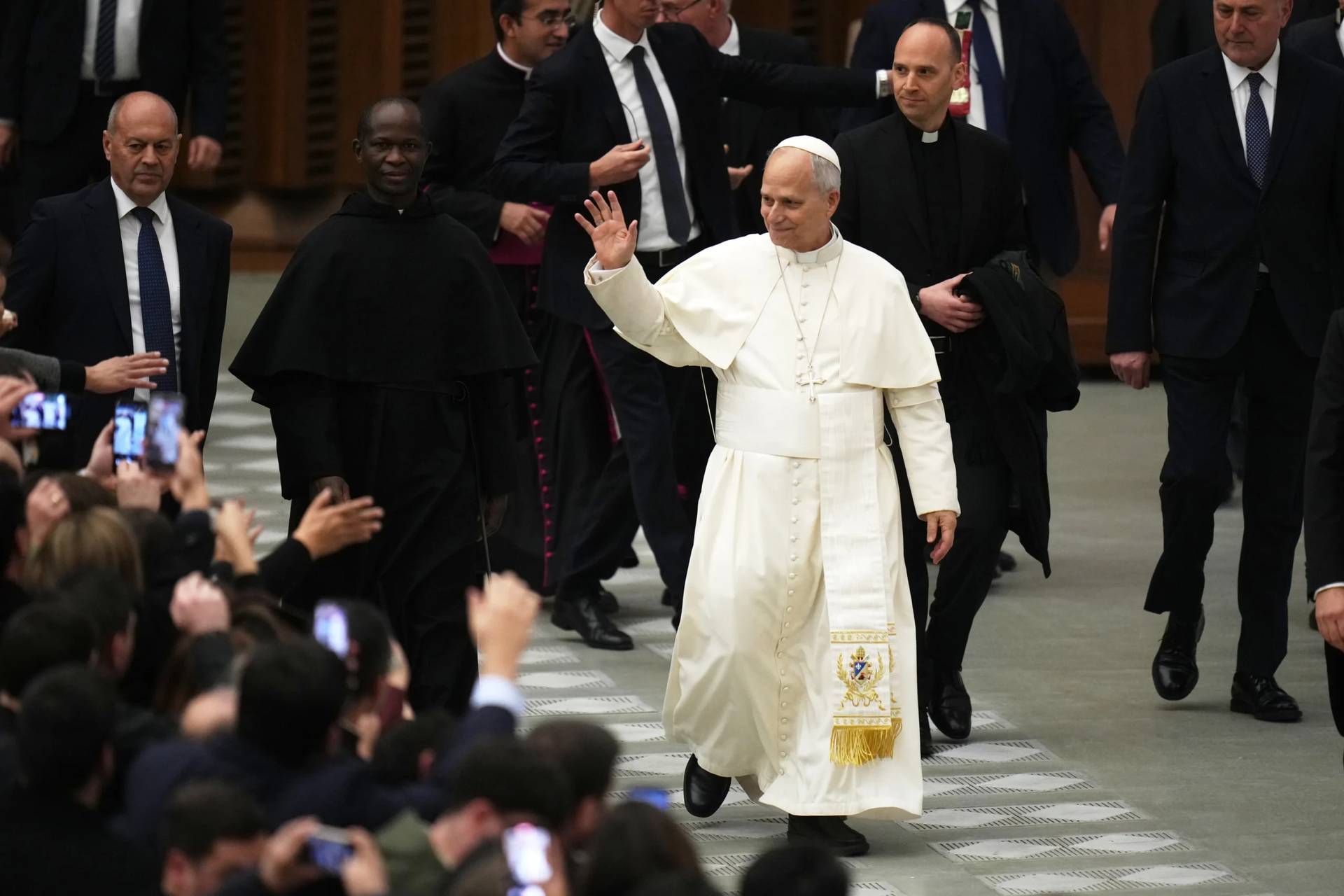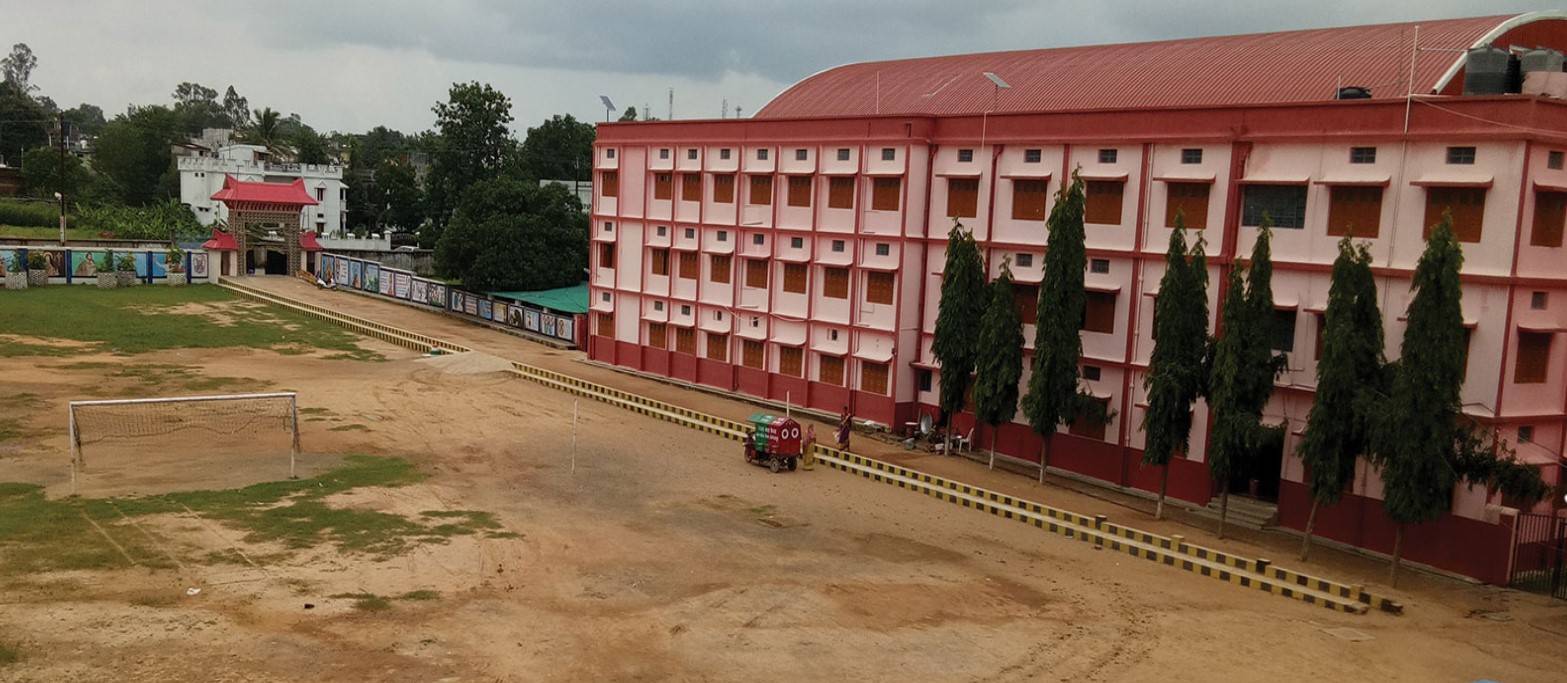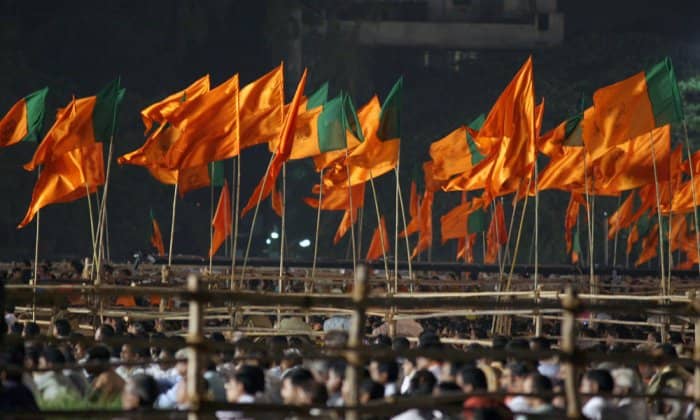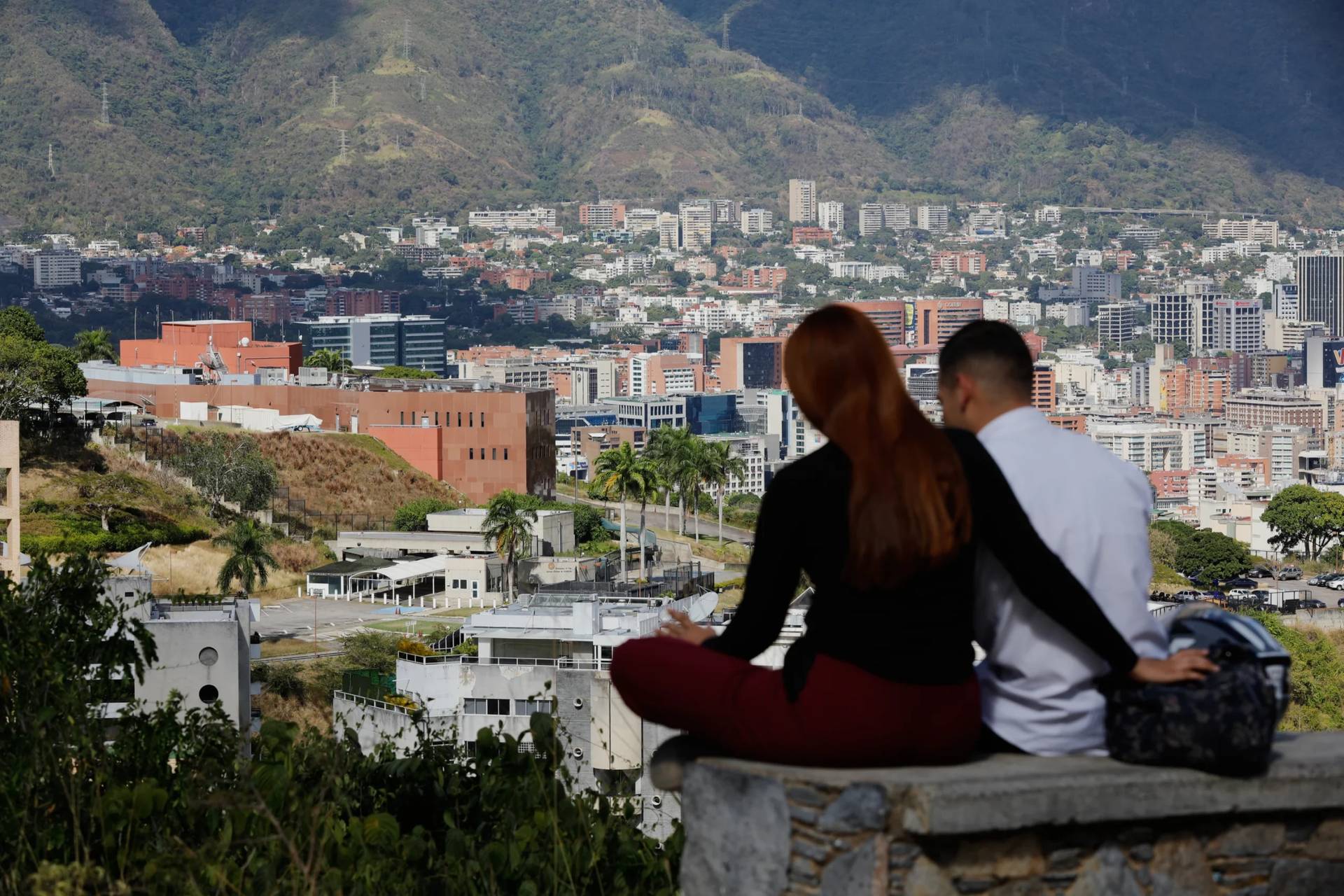MUMBAI, India – Indian Cardinal Oswald Gracias, a leading voice for the rights of Dalit Christians, celebrated Christmas with the Dalit Community from the Cheetah Camp area of Trombay, Mumbai.
The term “Dalit” refers to the “untouchables” under India’s ancient caste system, meaning people considered unclean and therefore traditionally ostracized. Although caste distinctions were officially abolished by the Indian constitution in 1949, they remain strong in popular culture and the Dalits have traditionally been among India’s most impoverished communities.
A disproportionate share of India’s Christian population is found among the Dalits as well as the “tribals,” meaning members of the country’s indigenous persons traditionally considered outside the caste system and victims of discrimination arguably even more intense than the Dalits.
Gracias spent over two hours with the families of these migrant Dalit Christians who live in a very large urban slums called Cheeta Camp.
The camp is a sprawling slum in a northeastern suburb in Mumbai, India. The 21 Dalit Christian families, all of them migrants from the state of Tamil Nadu, were welcomed by Gracias to the Archbishop’s house on Christmas morning. The 88 Dalit Christians spent over two hours with Gracias, who welcomed them, blessed them and led them in prayer. He even played games with the children.
Importantly, many who were present remarked that besides the joy on the faces of the people, the 73-year-old Gracias looked very happy, relaxed and refreshed being among the poor and marginalized.
Gracias recently stepped down as a member of Pope Francis’s “C9” council of cardinal advisers from around the world, but he remains a close ally and confidante of the pontiff and a “go-to” figure regarding the Church in Asia.
Gracias is known as a “friend of the poor,” especially tribals, Dalits and migrants. He assured the Dalit Christians of his concern and care for their socio-economic development, healthcare and educational development.
“It’s a joy for all of us that you are celebrating Christmas day with us,” Gracias said. He spoke to each person individually and told them that he is always close to them and keeps updated with regular updates on their pastoral needs and their welfare from clergy and religious serving in Cheetah Camp.
Sister Arina Gonsalves, who was present for the function, told Crux, “The cardinal gave a message of peace and reconciliation. He spoke in Hindi. He said Jesus became man so that man come close to God, urging the people to practice Gospel values in the camp, in their parish and in their families so that the peace of Jesus may spread in their neighborhood.”
Gracias, Gonsalves said, also expressed thanks to the Dalit Christians for coming from so far away to join in the event.
“In personal meetings with each family, he asked them about their children’s educations,” she said.
The Dalit Christians were treated to a variety of snacks and other Christmas goodies. Gracias then gifted the families a hamper filled with holiday items, in addition to a cash gift.
In the past, Gracias has celebrated Christmas with the tribal community, slumdwellers who lost their houses in a major fire, and ragpickers – a vast impoverished population estimated at 1.5 to 4 million people who sustain themselves by collecting, sorting and segregating waste and then trading it, generally without any salary or health and safety protections.








